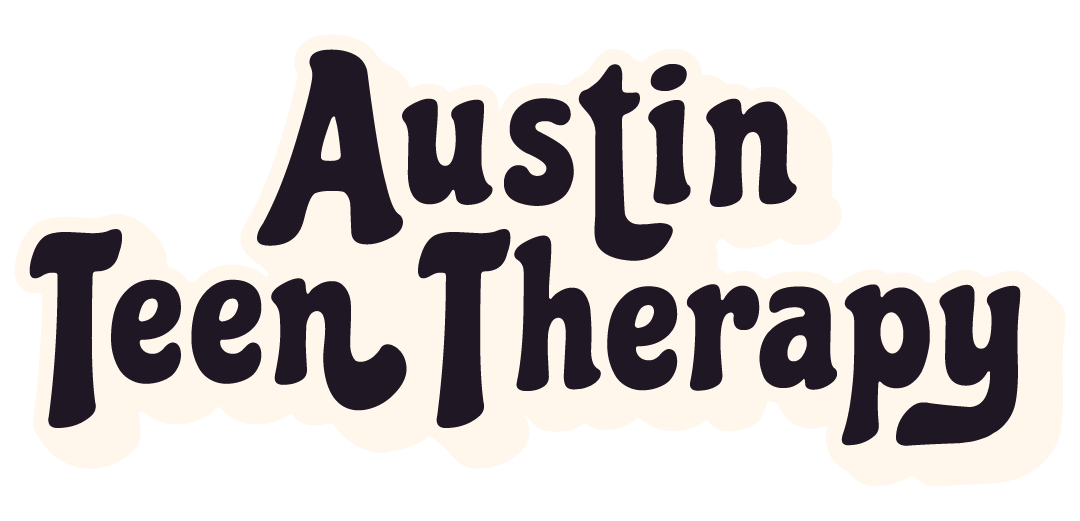Reframing your Thoughts
BLOG POST WRITTEN BY: KINO PARK, LMSW
It was a quiet Sunday morning, just as the sun was climbing up and over the live oaks in our suburban neighborhood. The air was cool for a Texas summer morning.
My partner and I were working on converting our traditional front lawn into a drought-tolerant native plant and pollinator garden. As I drove my trenching shovel into the clay soil, an unassuming dark sedan with the windows down drove into my view.
As they drove past, the sound of shattering glass shocked me out of the tranquility of the early morning. It sounded like a glass bottle meeting an unyielding surface. Within seconds, the car accelerated hastily into the distance.
It took only a moment to realize what had happened. As the odor of stale beer infused the air around us, it became clear that someone from the dark sedan tossed a bottle of beer out of their window. Shards of glass littered the street in front of our house.
Stunned, shocked, and confused, my partner and I just stared at each other for 10 seconds. Frozen in disbelief, our minds attempting to make sense of the seemingly senseless behavior.
Why would someone do this? And why in front of us? I had previously experienced racial attacks from moving cars, so I questioned whether or not it was racially motivated.
My questions remained unanswered as the initial shock waned. I began to feel anger, disrespect, hurt. I judged and blamed the random people in the car. How dare they, I told myself.
As unfair as it seemed, I decided to clean up the mess. Otherwise, others could get hurt. So, I picked up a stack of newspapers, rolled my waste bin across the street, and picked up the broken pieces.
As I was picking up the pieces, I realized that the car had driven off, but my feelings of anger, disrespect, and hurt still lingered. Holding onto these feelings would only continue to hurt me.
Only a few pieces of glass big enough to pick up remained. The mess was cleaned up, and I had a choice to make. Do I hold onto these feelings or let them go?
The choice that would serve me best was clear. So at that moment, I made an intentional decision to let go of the spiteful feelings. Instead of seeing the people in the dark sedan as “bad people,” I tried to empathize with them. See through the actions and see the pain that caused them to project their hurt.
What they did was inexcusable, but when I reframed my thoughts to consider why they did it, it made a lot more sense.
At the end of it all, a strange sense of gratitude visited me. What was initially anger toward the situation turned into gratitude for having the opportunity to clean up the mess before someone got hurt.
Throughout our lives, we will be continually faced with crappy situations like this one. Our initial reaction to them is oftentimes automatic and different from how we actually want to react. How we choose to respond afterward is key. This is where we have control, and this is where reframing our thoughts can serve us.
The next time you notice yourself holding onto feelings or thoughts that are no longer serving you, take a deep breath and make the intentional choice to release them. Practice meeting them with compassion, empathy, and warmth.
Someone cut you off? Maybe they’re late to something really important. Friend not text you back? Maybe they’re going through a hard time. Stuck at home because you’re sick? Maybe this is an opportunity for rest.
Reframing your thoughts doesn’t change the fact that something unfortunate happened. It doesn't address the root cause of the issue. But it is a lifelong practice that can allow us to move through our lives with more ease.
The quality of your thoughts matter. If you want to build upon your ability to reframe your thoughts and learn to have more compassion for yourself and others, reach out to someone who can offer you presence, support, and trust.

